
By Kingsley Webora TANKEH
The inaugural Director-General of the African Medicines Agency (AMA), Dr. Delese Mimi Darko, has vowed to end ‘fragmented’ drug access on the continent by harmonising regulations of individual countries and boosting local production.
Speaking to Business and Financial Times (B&FT) on the sidelines of the Africa Healthcare Manufacturing Trade Exhibition and Conference (AHMTEC) 2025, the regional regulator noted the continent is held back by its own borders – making access to critical medicines, especially during crises, very difficult.
“During COVID-19 period, the European Medicines Agency immediately made COVID vaccines available to all the countries in Europe by just taking one decision; whereas in Africa, Ghana would have it and Nigeria would then have to start the process. It was fragmented,” she explained.
Ending this perilous fragmentation is a herculean task, but Dr. Darko has pledged to take it upon herself to oversee the realisation of this dream. She has laid out an ambitious vision for the AMA to be the one-stop shop designed to ensure “fast, reliable access to medicines” for all 55 African nations.
Dr. Darko is a seasoned regulator with over three decades of experience leading Ghana’s Food and Drugs Authority (FDA).
The regulator, who is set to take office in the coming days, said she will advocate for segmented production of medicines in various African countries. She envisions a continent where countries specialise rather than compete, indicating that the raw materials available within each country’s borders will determine what it can produce to stem unnecessary competition, improve efficiency and maintain a reliable supply of medicines on the continent.
Modelled after the European Medicines Agency, Dr. Darko explained that the AMA will allow drug manufacturers to submit a single application to access the entire African market. Once approved, a medicine will be immediately eligible for roll-out across all member-states that have ratified the treaty.
“The idea is to harmonise regulation. One document, one decision and that medicine becomes available to all 55 nations. It’s about speed and reliability.”
While 31 countries have signed the AMA treaty, 24 are yet to come on board. However, Dr. Darko is confident – pointing to existing regional collaborations and common guidelines as a solid foundation to build upon.
She acknowledged the challenge of harmonising diverse administrative systems – from language requirements for labels to national policies – but insisted that the core scientific standards are already aligned.
“It is not going to be easy, but it’s also not going to be that difficult. We are not starting from scratch.”
Africa manufactures only 30-40 percent of the drugs it consumes and imports the rest. Dr. Darko calls this statistic “worrying”, but pushed back on the notion that Africa lacks capacity.
“The local industries around the continent can actually manufacture more than that,” she noted. The problem, she explained, lies in high taxes on raw materials, small market economies and a lack of continental trade synergy that makes it cheaper to import from India or China than to produce locally.
“I believe in restrictions,” she said, citing Ghana’s model where over 50 products are restricted for local manufacture.
“We don’t want every country in Africa to manufacture a malaria vaccine. We will say that there are six countries that will manufacture malaria vaccine. Then, there are the other four who can manufacture a TB vaccine. That is how it will have to be if we want to survive.”
Dr. Darko stated that her philosophy, forged over 30 years at Ghana’s FDA, is that a strong regulator in one country is meaningless if its neighbours are weak. “You are as strong as your neighbour,” she added, noting that the exporter from another country will always choose the weakest country. “It is easier to go and put [a product] in another country close to Ghana and let it seep through to end up on the Ghanaian market,” she explained.
According to her, this drove her work to build regulatory capacity in over 26 African countries – aiming to build on this when she assumes office. “That is one of the things I’m going to use when I go to AMA. Africa is only as strong as each and every individual country is strong.”
When asked about high-profile tragedies like the Gambian cough-syrup scandal that killed dozens of children, Dr. Darko noted that the issue of toxic impurities in medicines is a global problem, dating back to the 1930s.
She, therefore, urged African countries to resource and strengthen the capacity of their regulators to undertake effective pharmacovigilance to stem such crises in the future.
She recounted how during The Gambia’s crisis, the World Health Organisation (WHO) initially suspected a Ghanaian manufacturer – which she rebuffed, citing Ghana’s robust pharmacovigilance system.
“I said ‘you are lying. Because if it was coming from Ghana we would have known’,” she recalled.
She was later vindicated by WHO itself, which apologised to the regulator after conducting its checks.
“If a country has a strong system, it will pick up problems. If it doesn’t, they will kill many children before being identified,” she explained, pointing to the impact of a weak pharmacovigilance system.
She, however, emphasised that strengthening these surveillance systems across the continent will be a core function of the AMA, acting as an early-warning network to protect Africans.
As she prepares to step fully into her role, Dr. Delese Mimi Darko carries not only the weight of a new institution but also the health aspirations of a continent.
The African Medicines Agency is a specialised agency of the African Union, founded on November 5, 2021 and intended to facilitate harmonisation of medical regulation throughout the African Union’s 55 countries.
The post African Medicines Agency chief vows to improve drug access, boost local appeared first on The Business & Financial Times.
Read Full Story



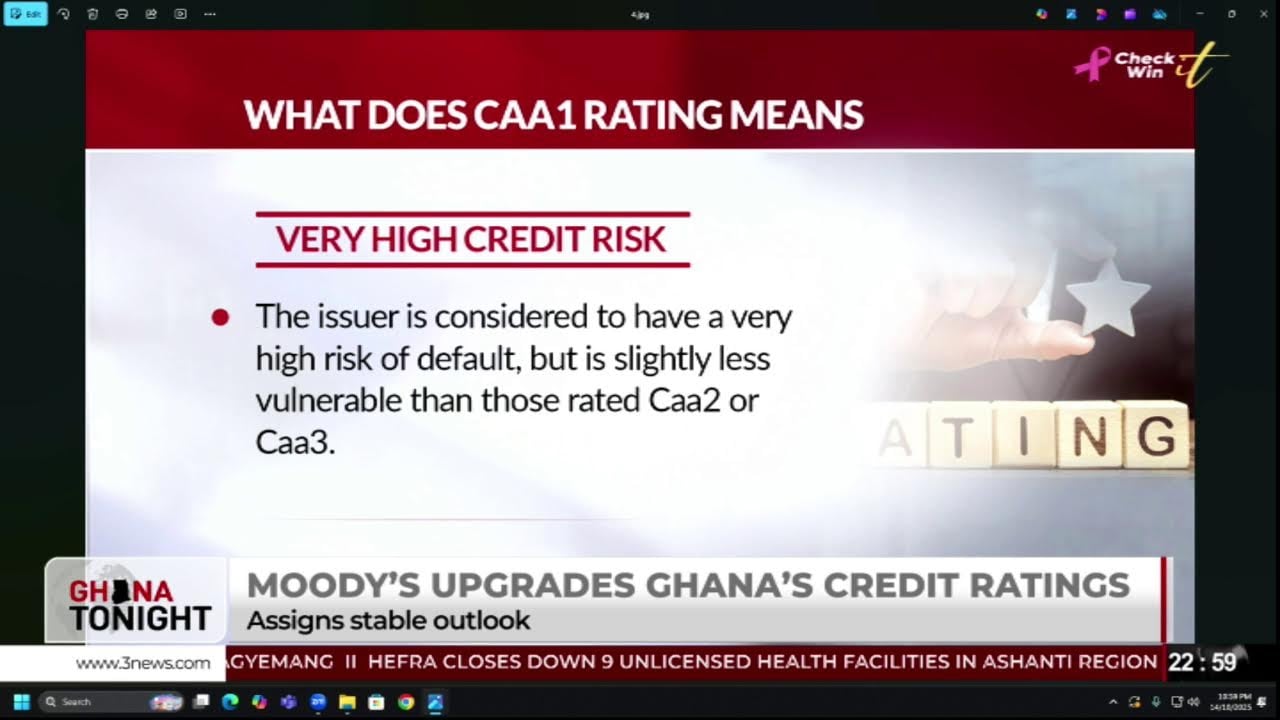




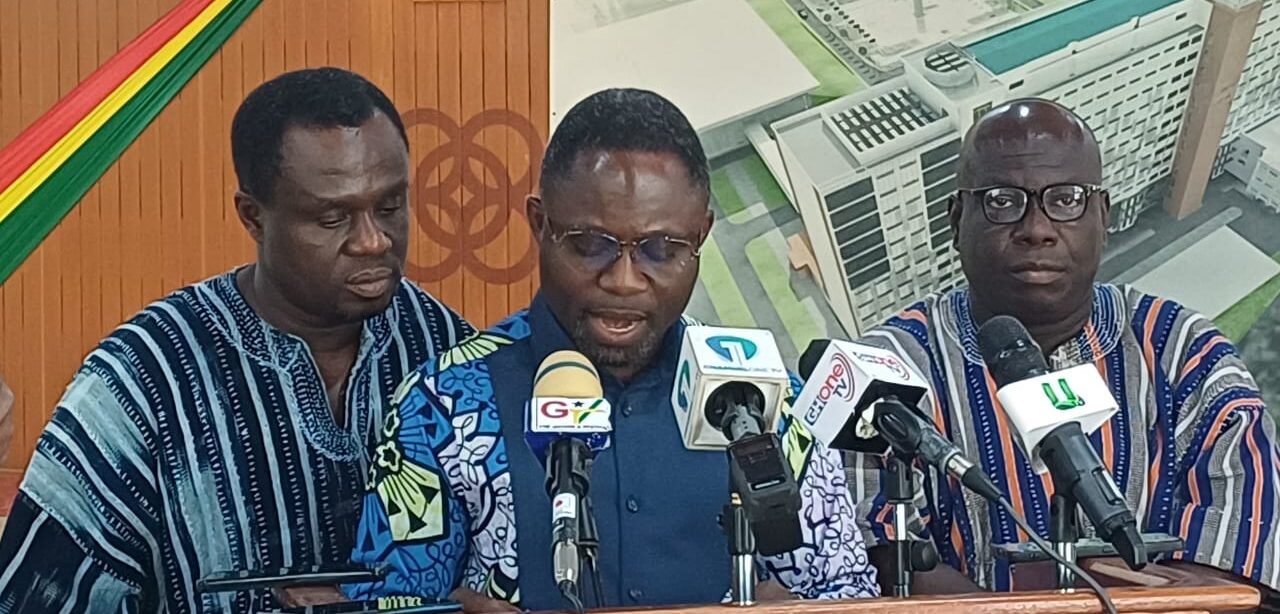
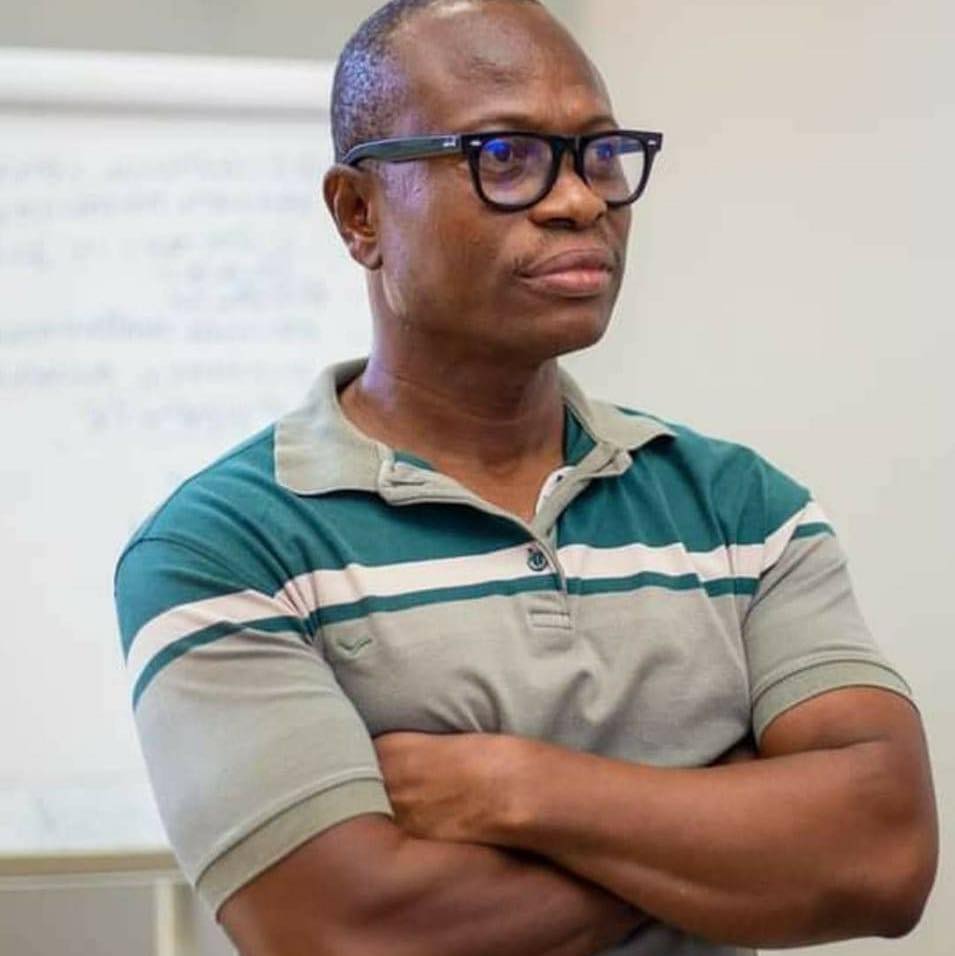
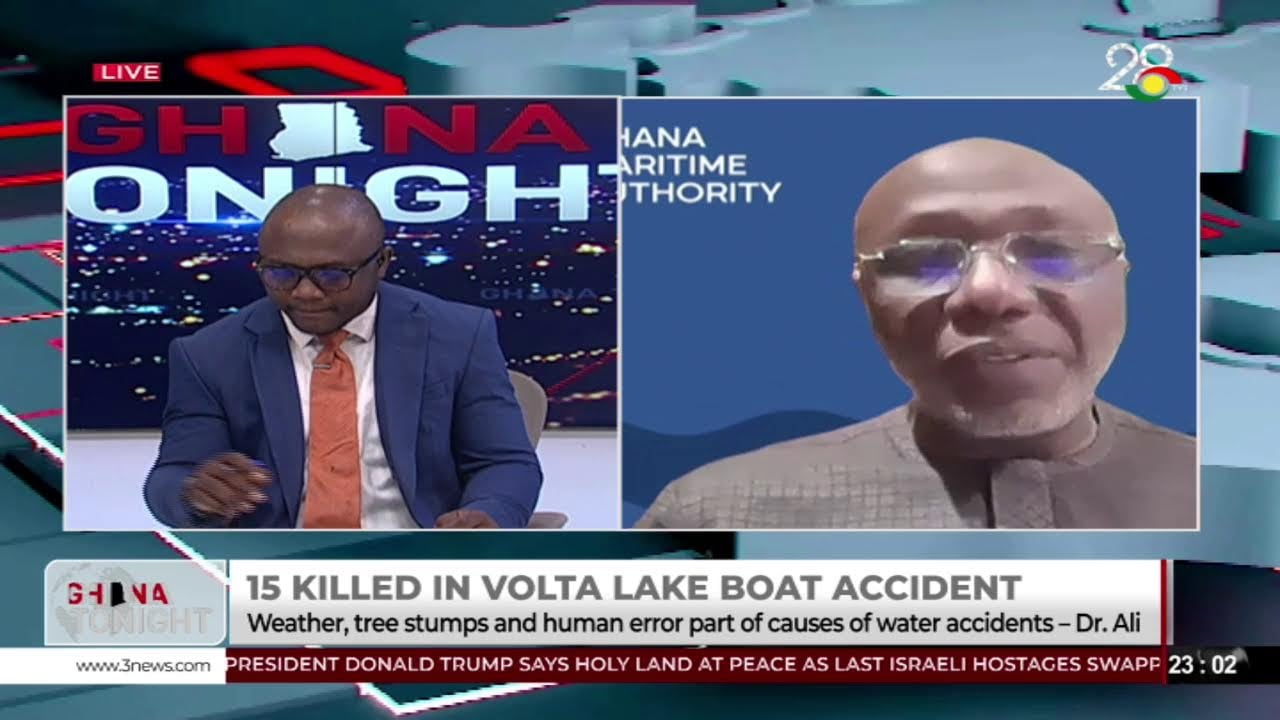








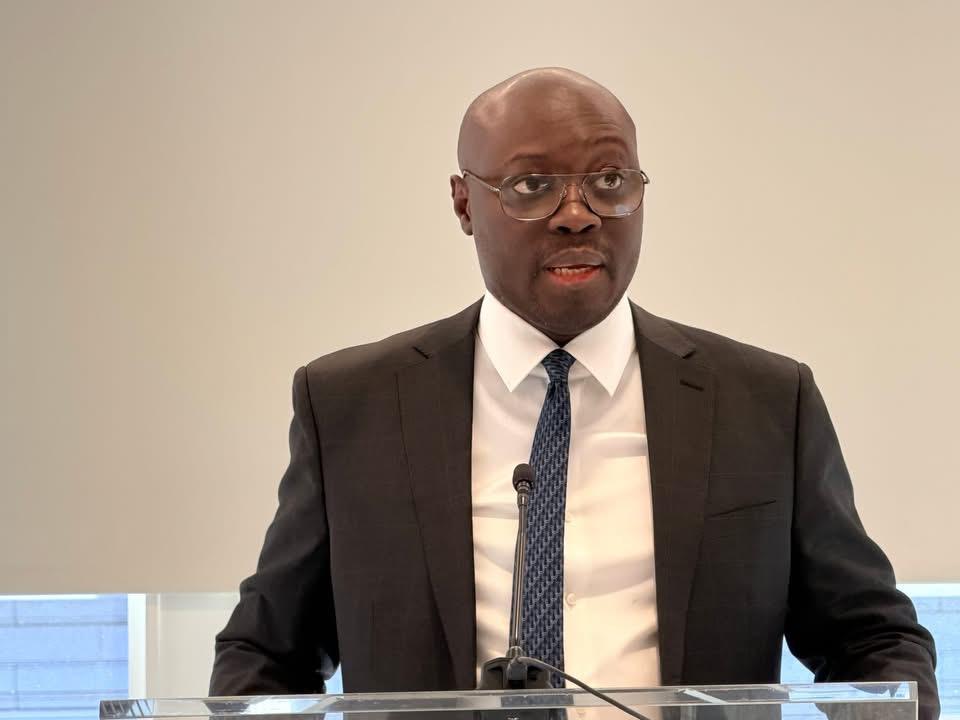



Facebook
Twitter
Pinterest
Instagram
Google+
YouTube
LinkedIn
RSS